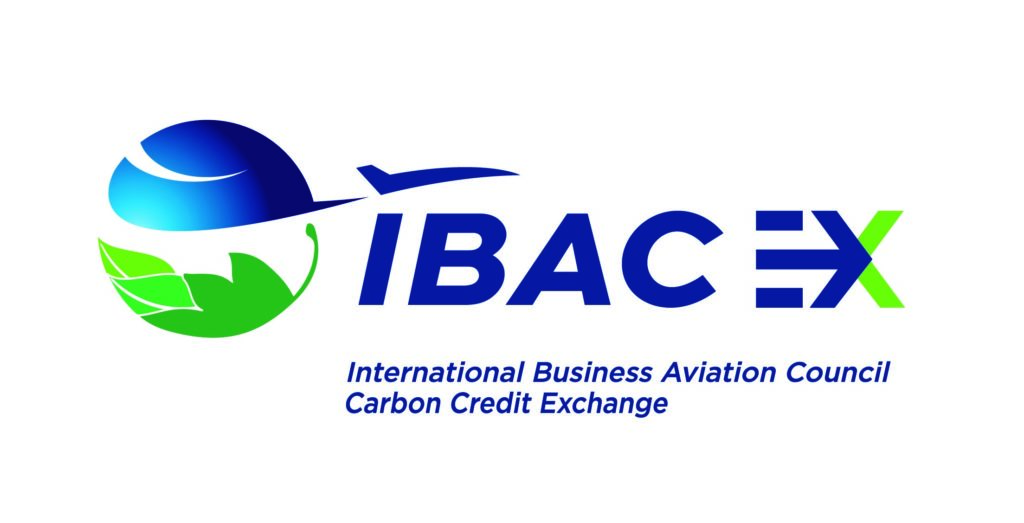IBAC has announced its new alliance with Carbon Trade eXchange to provide a transparent and efficient platform for business aviation companies to voluntarily purchase carbon credits to offset their CO2 emissions as part of an overall sustainability plan.
The new IBAC Carbon Credit Exchange program is made possible by the new partnership with Carbon Trade eXchange (CTX), which introduced the world’s first electronic exchange for high-quality voluntary carbon credits in real-time more than a decade ago. Members of the exchange choose from a wide range of offset projects certified by the world’s three leading carbon credit standards: The Gold Standard, UNFCCC Clean Development Mechanism (CDM) and Verra Verified Carbon Standard (VCS).
Market-based measures, as identified in the Business Aviation Commitment on Climate Change (BACCC), outlined that offsetting is part of the ICAO basket of measures to help the industry achieve the goal of carbon-neutral growth. Carbon credits can be used in the near term as a supplement to other decarbonization actions, such as operational improvements, use of SAF, and newer, more efficient aircraft, contributing to emissions reductions now while the benefits of other measures accumulate over the longer term.
“Operators should first assess the degree to which further fuel efficiencies and emissions reductions can be gained, at reasonable expense, from new technology, enhancements, and the use of SAF,” said IBAC Environment director, Bruce Parry. “Operational improvements, for example, can include reducing unnecessary weight in the aircraft, fuel tankering, and the use of electrical ground power. The remaining impacts can then be offset. It’s critical that offsetting be a part of an overall plan to reduce our carbon footprint and not be considered a free pass to ignore attainable environmental reduction measures.”
IBAC director general, Kurt Edwards said, “While the industry strives to meet its decarbonization goals directly, offsetting is a supplemental tool that allows operators to mitigate emissions now by financing carbon reductions achieved in projects outside the sector. We chose to partner with CTX because of their experience in the market and transparent business model. Their fixed fee transactions allow 95% of the funds collected to go directly to accredited projects. And IBAC exchange members will have the freedom to choose to support projects that align with their corporate strategy, whether it’s wind energy farms in North America or clean water efforts in Southeast Asia.”
The offset process begins with fuel monitoring, an industry best practice as recommended by IBAC. Fuel management will help determine CO2 emissions once other efficiencies are in place. Calculating the emissions is done by using the ICAO-defined ratio of jet fuel CO2 production of 3.16 units of CO2 per one unit of fuel consumed. For example, ten metric tonnes of jet fuel used would need 31.6 metric tonnes of carbon credits to fully offset.
Carbon Trade Exchange CEO Wayne Sharpe said, “The best way to start reducing emissions is to cost them in the business, and our low-cost solution helps maximize results and profits for the Business Aviation sector. Importantly, operators can choose the projects from around the world they want to support with 95% of the purchase proceeds going to the projects selected. We are very proud to be part of this game changing solution and such fabulous business leadership on a global scale.”
Working with the leading trusted global carbon offset standards, CTX provides a variety of options to support any carbon offset budget, starting as little as $1.00-$2.00 per tonne of CO2e.
Once carbon credits are purchased, the offset will be issued, and unique certificates of cancelation that cannot be sold or claimed again will be provided to the buyer.
CTX is an exchange that works directly with project developers and thereby offers prices at a wholesale rate. There are no intermediaries between CTX and Project Developers, resulting in an efficient and transparent offset purchasing experience.





